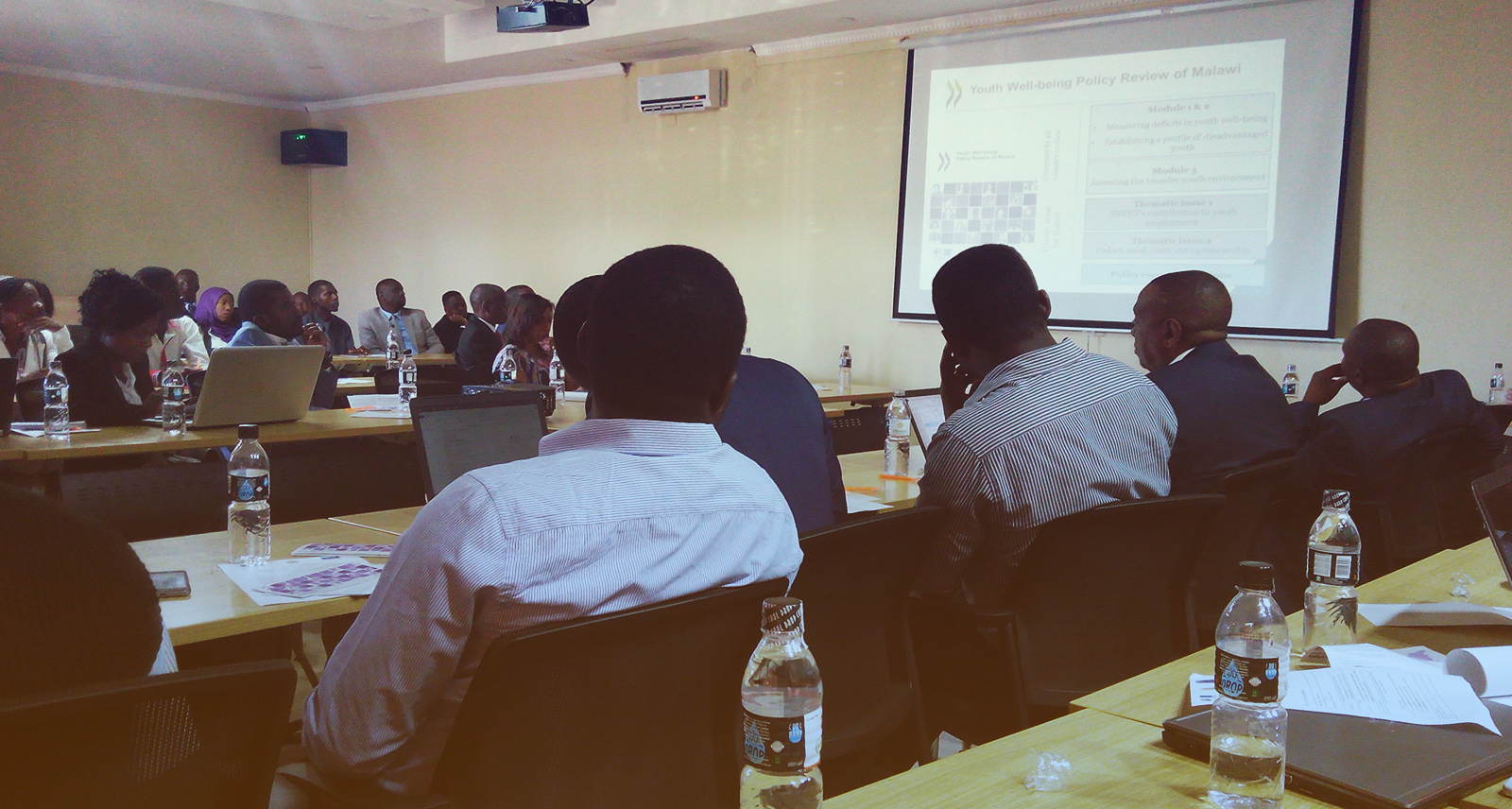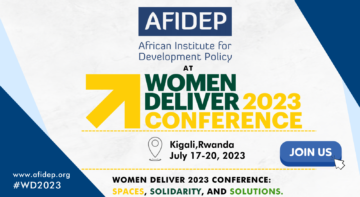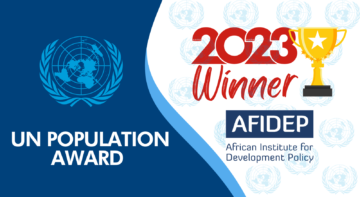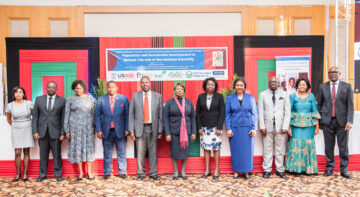Blogs

The Government of Malawi, through the Ministry of Labour, Youth, Sports, and Manpower Development (MoLYSMD) with support from the Youth Inclusion Project under OECD, officially launched the review of the Youth Well-Being policy on 23 January 2018. The review offers an in-depth analysis of the situation of youth in Malawi using a multidimensional approach while providing recommendations to address major policy gaps in youth well-being. The launch, held at Crossroads Hotel – Lilongwe, brought together MoLYSMD officials, development and implementation partners, various youth organisations, media houses, as well as the youth themselves. Presided over by the Minister of Labour, Youth, Sports and Manpower Development, Hon. Francis Kasaila, this launch emphasised on understanding the issues facing youth as flagged in the 2016 Malawi Youth Status report. Specifically, the report sheds light on the determinants of youth vulnerabilities and successful transitions. It also seeks to strengthen national capacities to design evidence-based policies that promote youth inclusion and youth well-being. AFIDEP was a key player in the preparation of this report, providing evidence-informed research findings and developing a paper on “Youth outcomes and determinants of youth vulnerabilities and negative outcomes in Malawi”. This paper sought to analyse youth status in terms of education, health, employment, empowerment and participation, and personal security as well as life evaluation, in particular, determinants of ‘wellbeing’. This blog is therefore written to highlight the recurring constraints facing young people as well as to provide insight on opportunities for developing rural youth entrepreneurship.
Why youth well-being?
The majority of youth in Malawi (82 percent) live in rural areas and are exposed to disproportionate challenges such as poor-quality jobs, early marriages, difficulties accessing health care among others. These challenges impact the larger population given that more than 46 percent of the population is below age 15, while youth aged 15-29 account for a quarter of the population. The need for youth to be empowered through skills development and education cannot be emphasised enough, as access to decent work remains a challenge for Malawi’s young workforce. Even further, Malawi’s rural youth entrepreneurs experience a range of constraints during the initial stages of starting businesses as they use informal sources of money. Moving forward, the frustrations surrounding rural youth entrepreneurship could be best addressed with investments in enhanced education and skills; improved access to finance; a regulatory framework and greater integration to markets and local value chains. Commenting on this issue, the EU Ambassador to Malawi Marchel Gerrmann called upon all stakeholders to ensure that young people live a quality life. He further emphasised the need to prioritise education in order for Malawi to benefit from the demographic dividend. Policymakers are therefore called upon to strengthen their efforts in improving access to quality education, sexual and reproductive health (SRH) and job creation for all youth, which are drivers for harnessing a country’s demographic dividend.
The second half of the launch featured a round table discussion on how skills development and entrepreneurship can contribute to youth inclusion in Malawi’s development. Accordingly, the panelists included: a youth representative, and representatives from the Department of Technical and Vocational Training – MoLYSMD, the Department of Youth, MoLYSMD, the private sector construction industry, as well as the Ministry of Industry, Trade and Tourism (MoITT). The key message was centred on the necessity for stakeholders to view young people more as an asset rather than a vulnerable group thereby including them in national development. To quote the moderator of the session, “If you take out the youth in the national programme, then you will have a deformed country“. The following challenges were outlined as debilitating entrepreneurship opportunities for youth in Malawi: lack of role models and access to information on training opportunities especially for rural youth, few organisations willing to take on young employees because of emphasis on experience and educational qualifications, lack of trained trainees / qualified professionals in institutions as well as the youth themselves for setting targets that are too high.
Government response
Though the Government of Malawi recognises that the health of young people is a component of public health, lives of most young people continue to be threatened by a number of factors such as sexually transmitted infections including HIV and AIDS, teenage pregnancies, unsafe abortion complications, nutrition inadequacies, alcohol and drug abuse and mental health problems. The MoLYSMD has been instrumental in the development, coordination, and implementation of all youth interventions. Hon. Francis Kasaila shed some light on how the government is promoting youth participation at national, district as well as community level, through the National Youth Network. Additionally, the ministry programme integrates SRH services and youth-friendly services, provision of gender and rights-based facilities.
Notwithstanding, for there to be a greater impact, there is need for staff capacity building, structural and financial strengthening within the MoLYSMD. Specific recommendations to the government would be to strengthen the institutional framework and governance of youth policies; improve the quality and relevance of technical and vocational education to facilitate youth’s transition into the labour market; and to unlock the potential of rural youth entrepreneurship. Great opportunities exist in pushing the youth agenda forward, especially stemming from H.E. Peter Mutharika’s pledge to mobilise other African leaders and the African Union to prioritise investments that will help African countries harness the demographic dividend (DD), following his appointment as the global UNFPA champion for youth in 2015.
Related Posts





